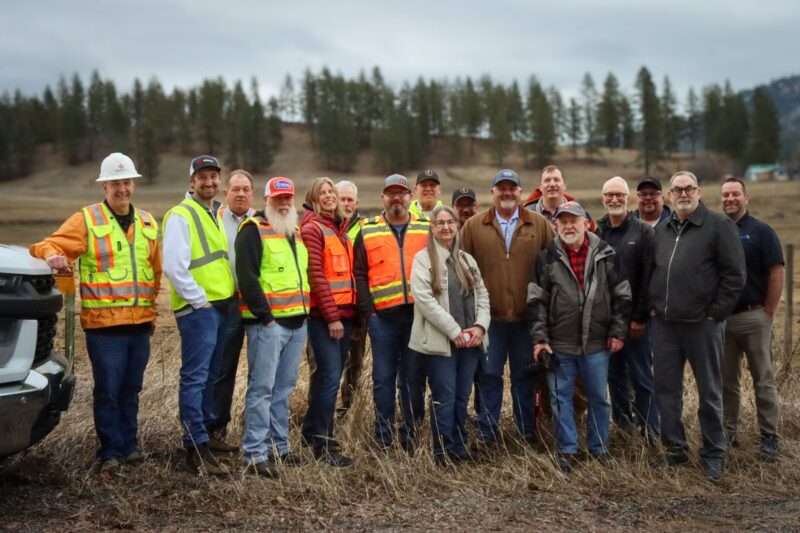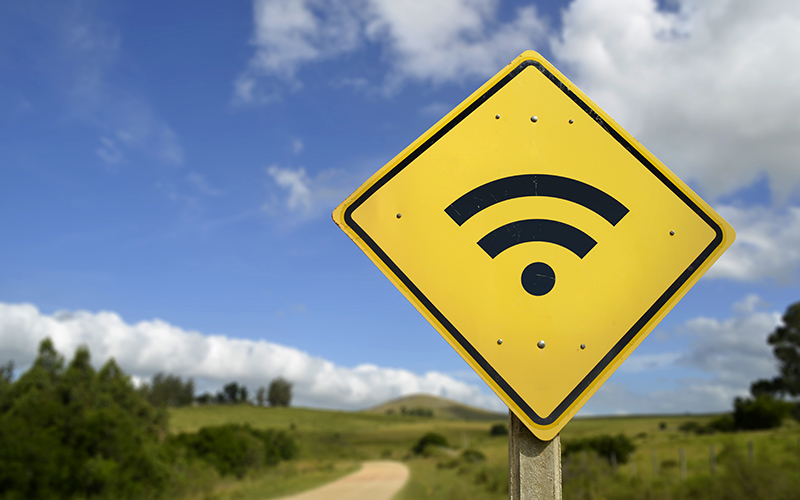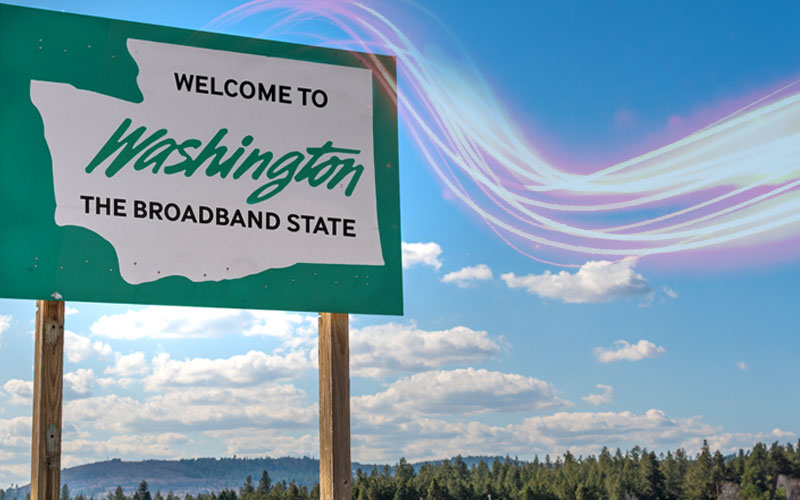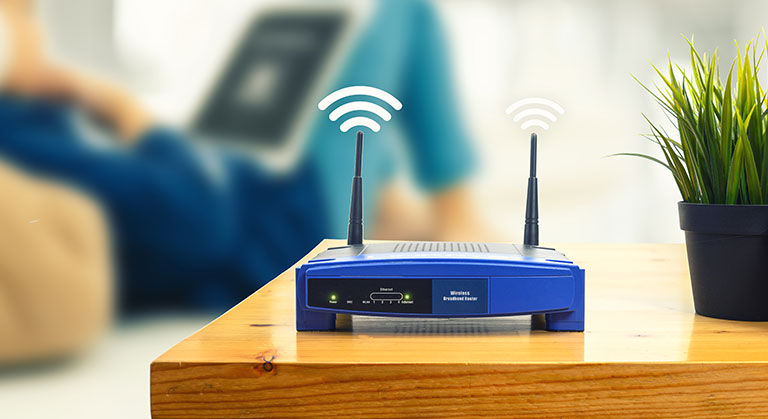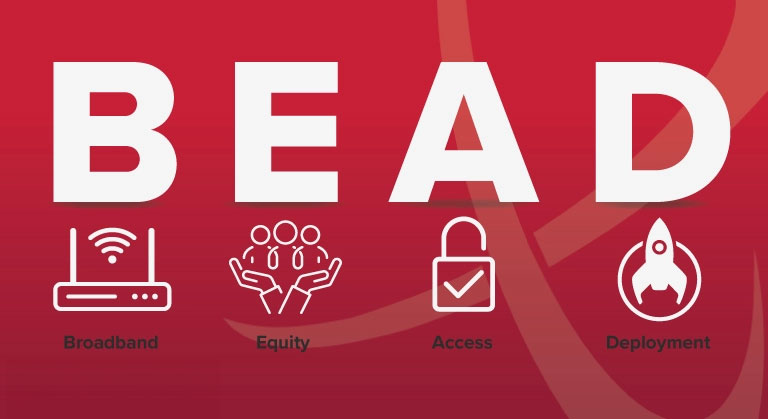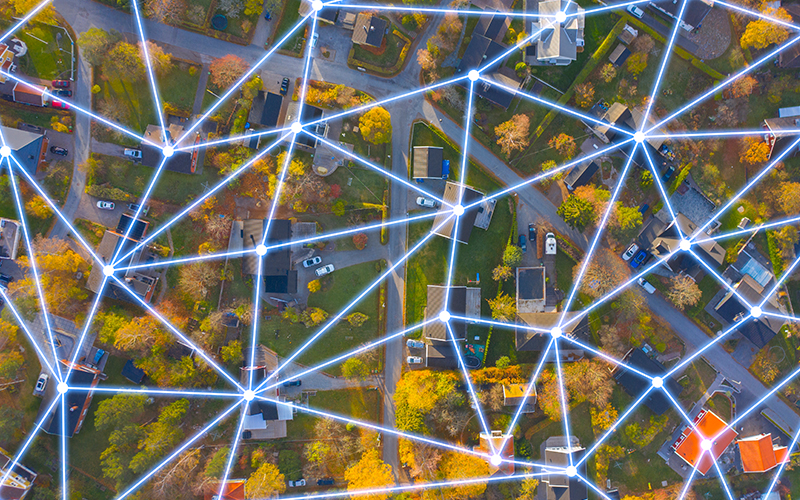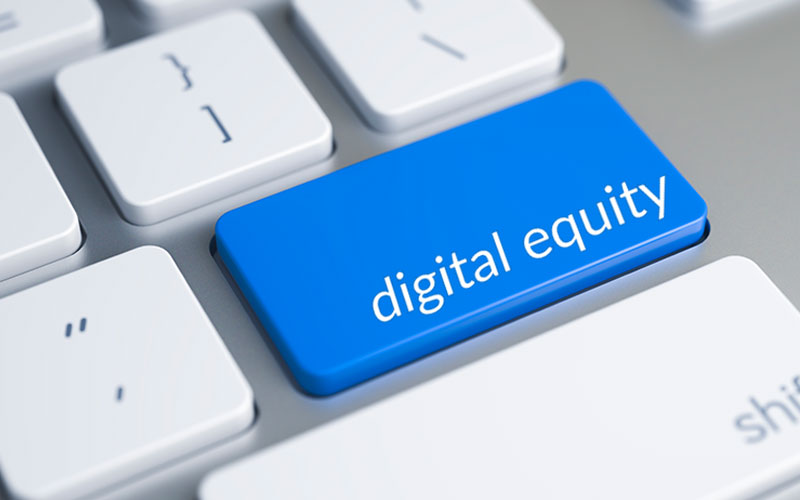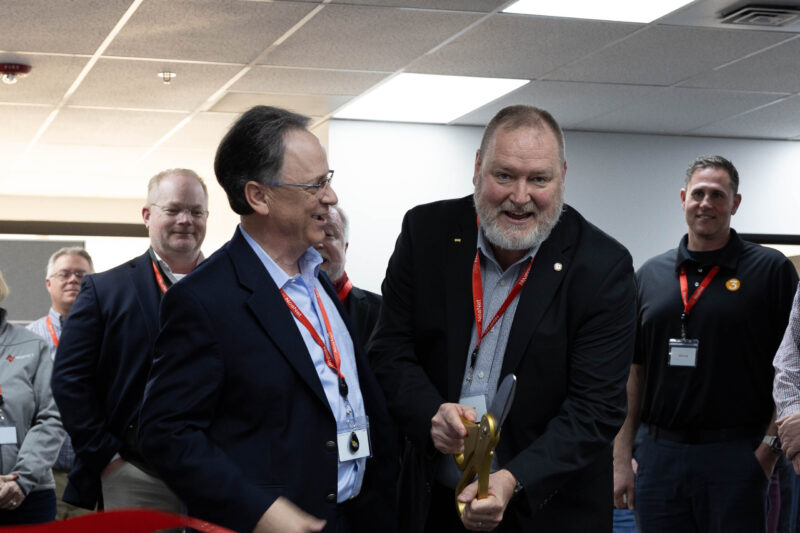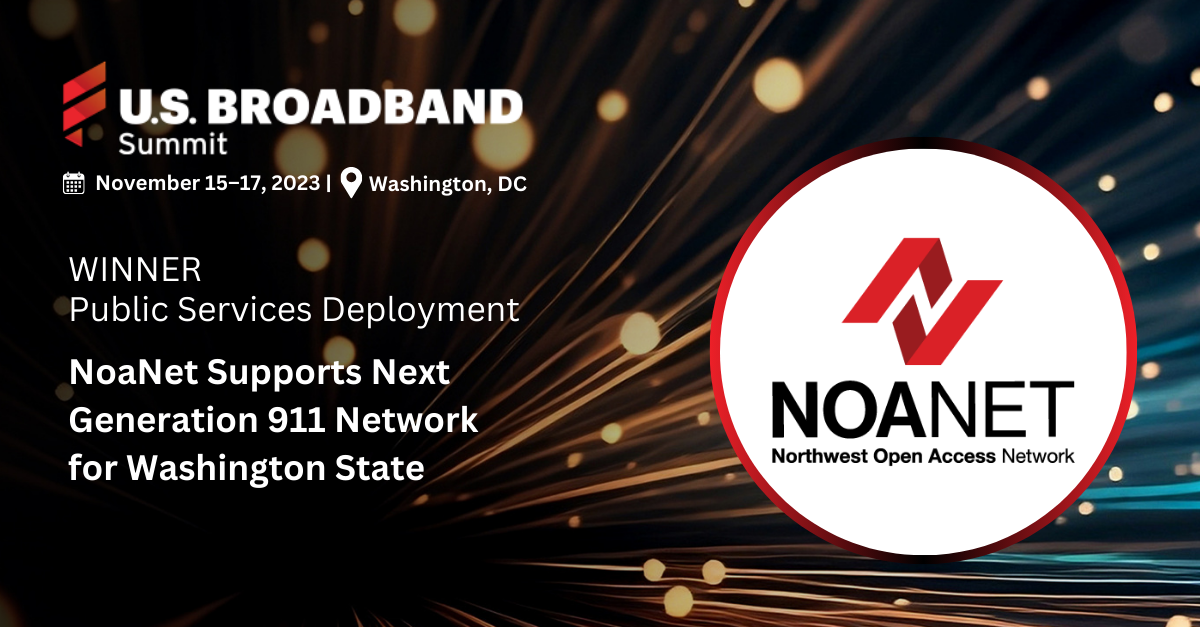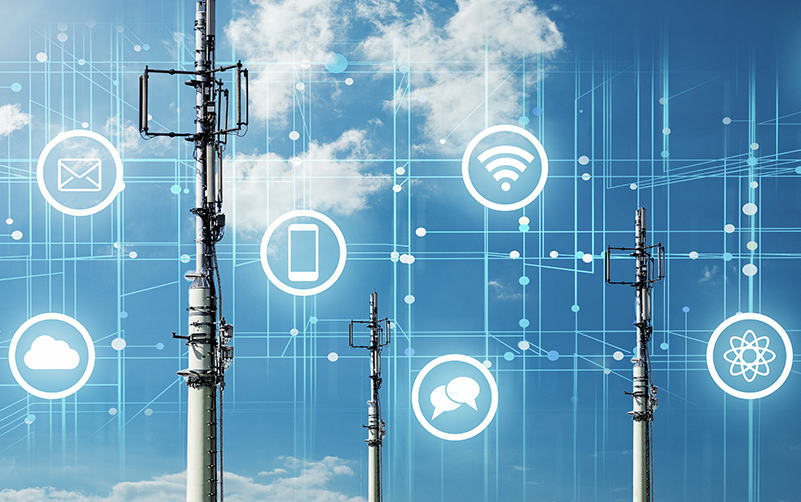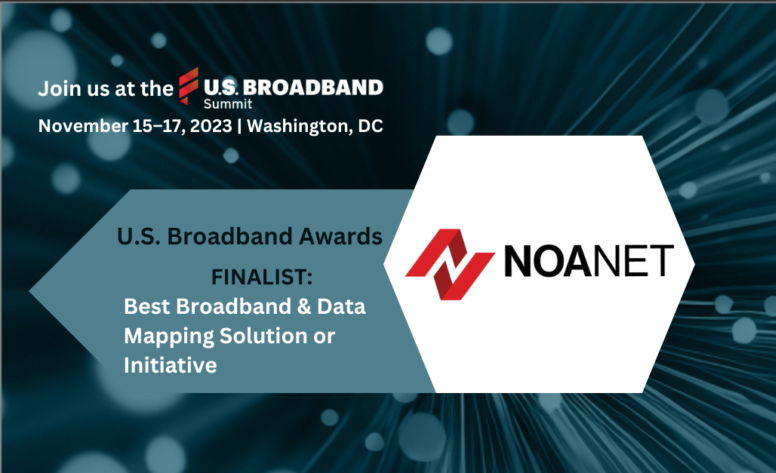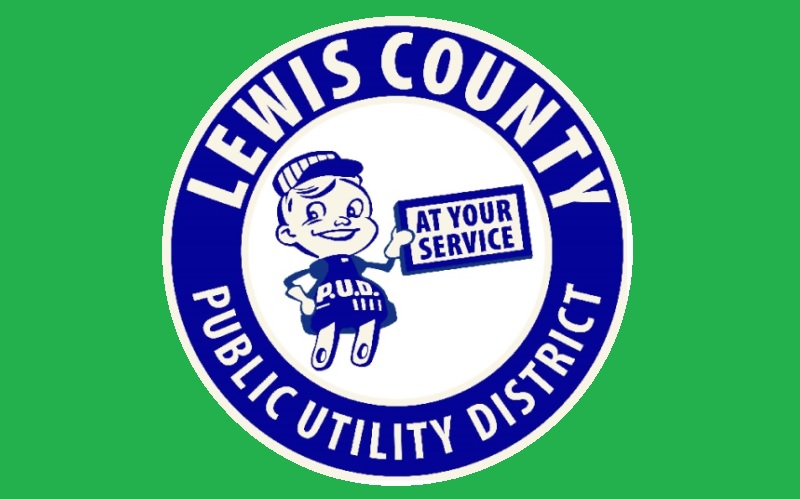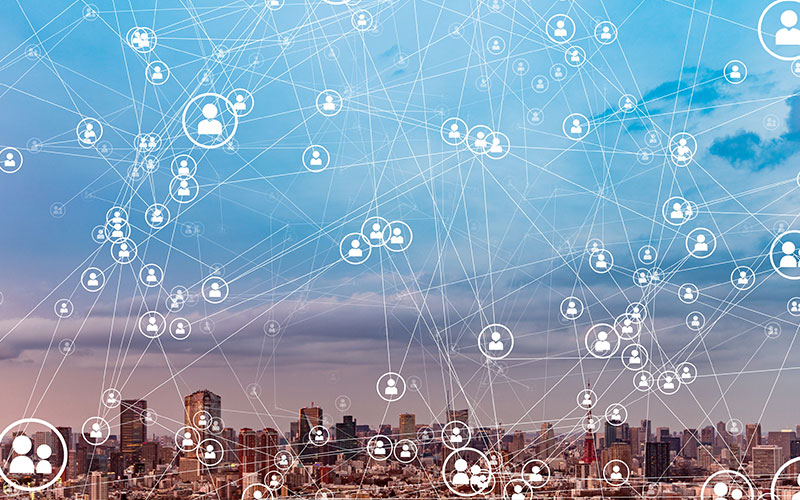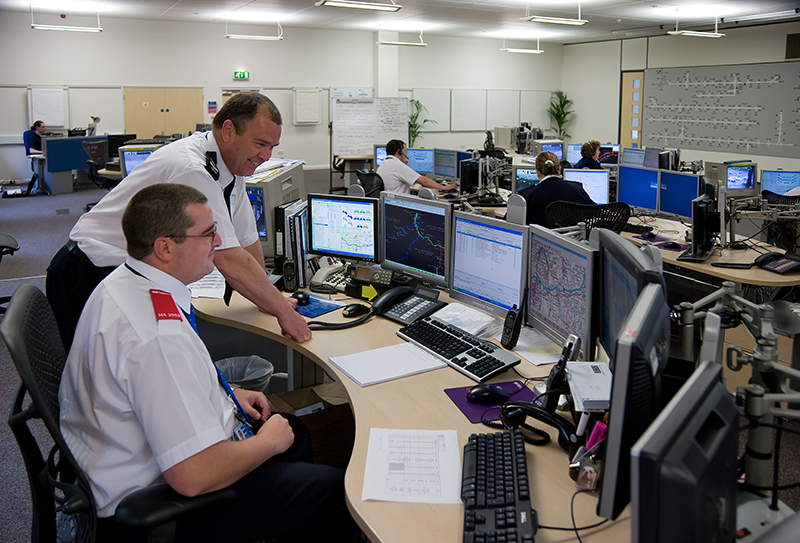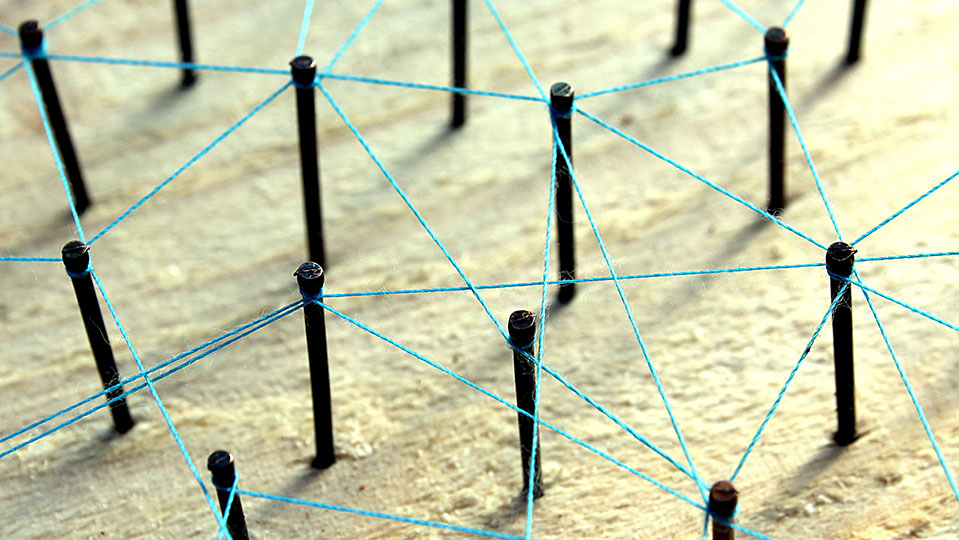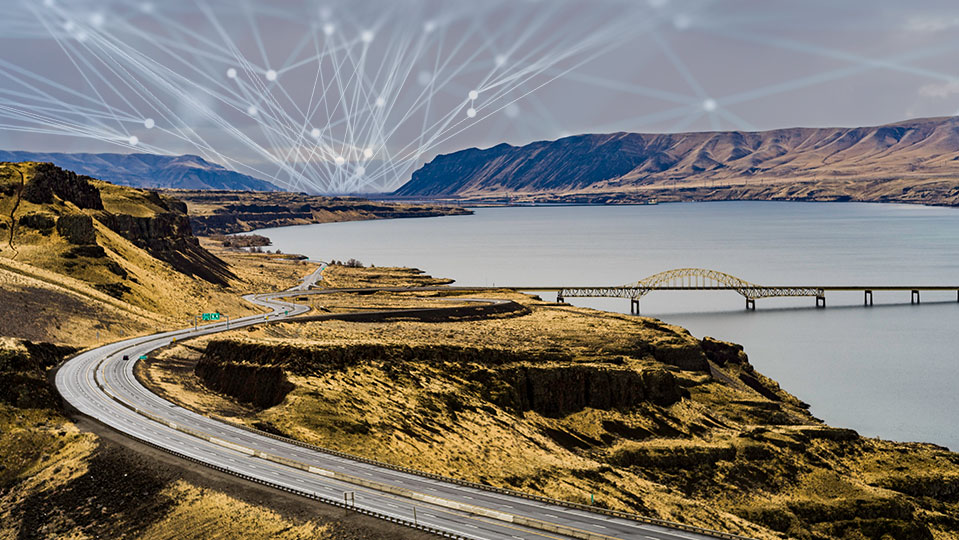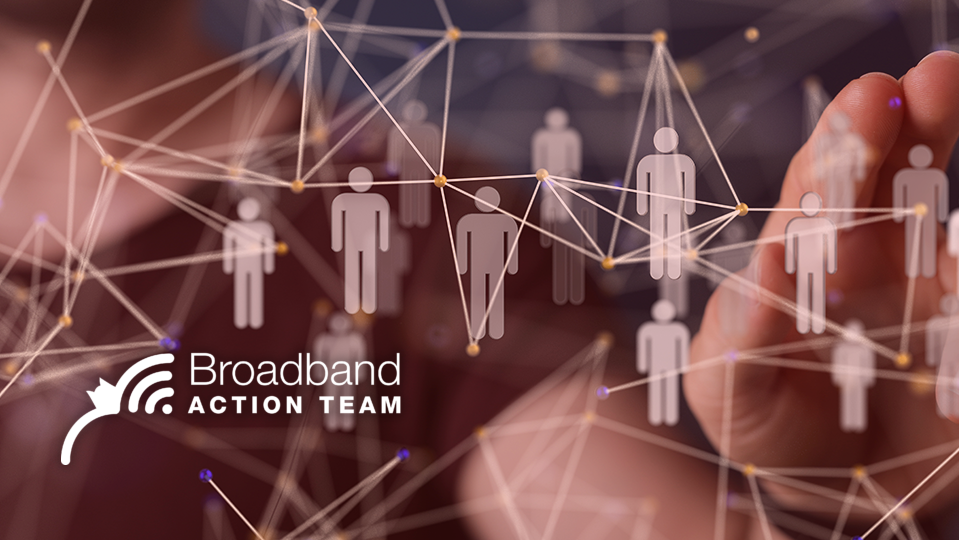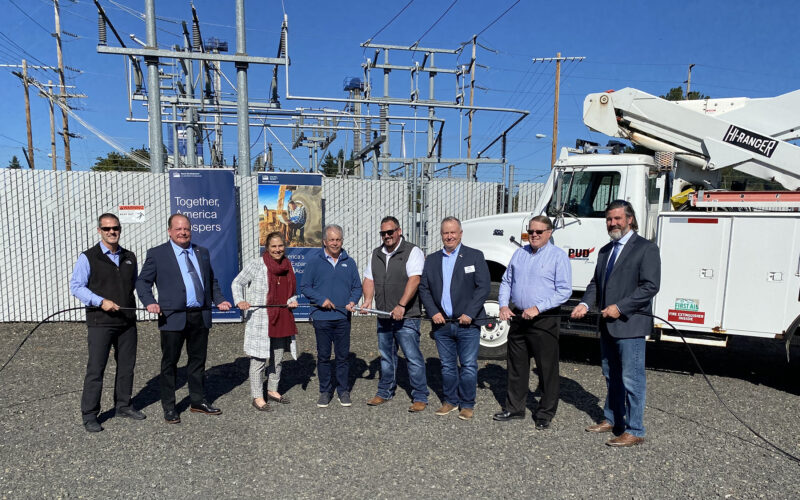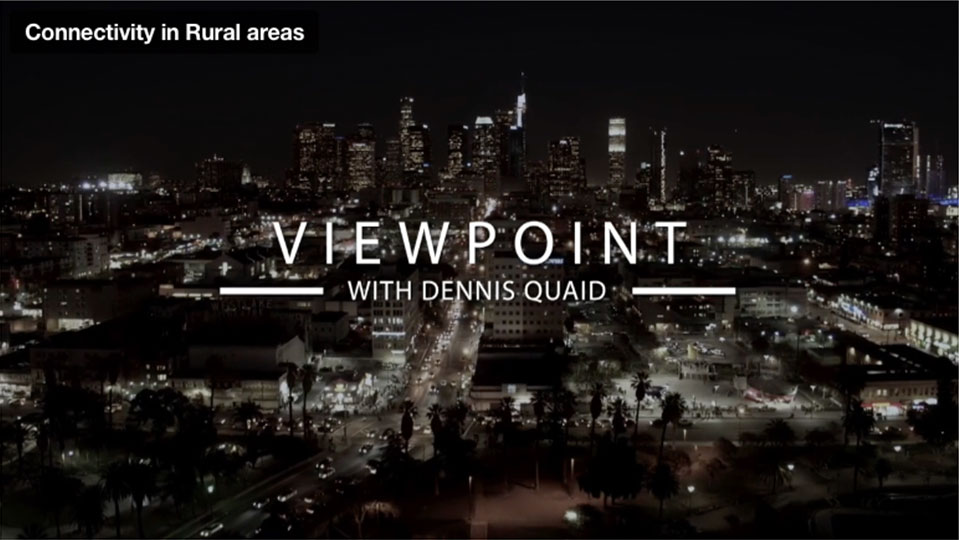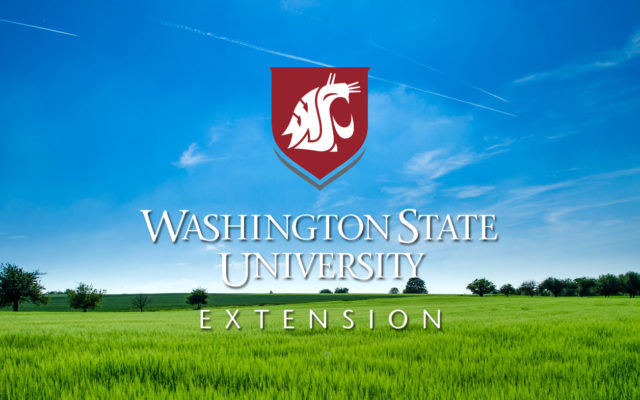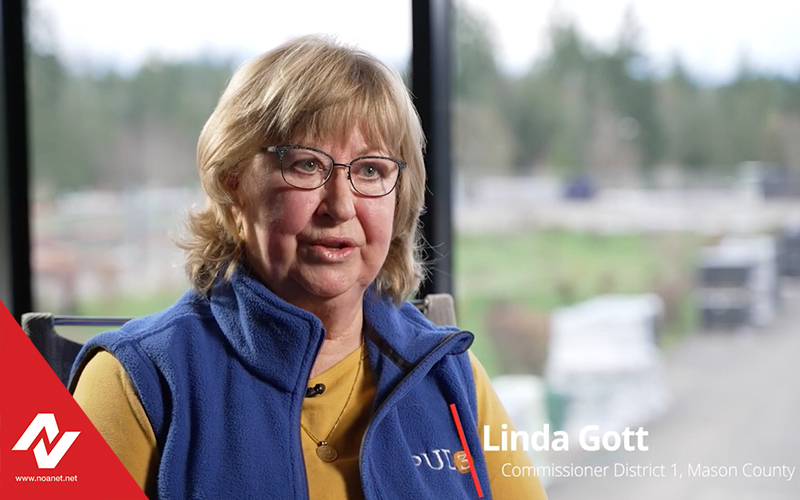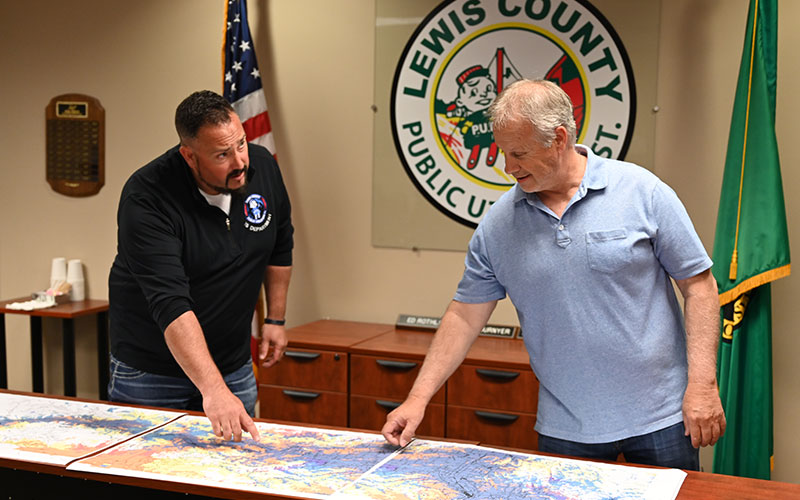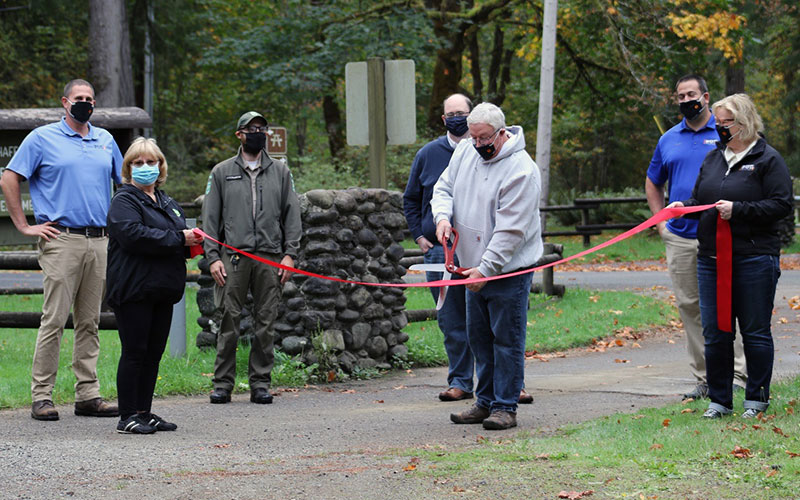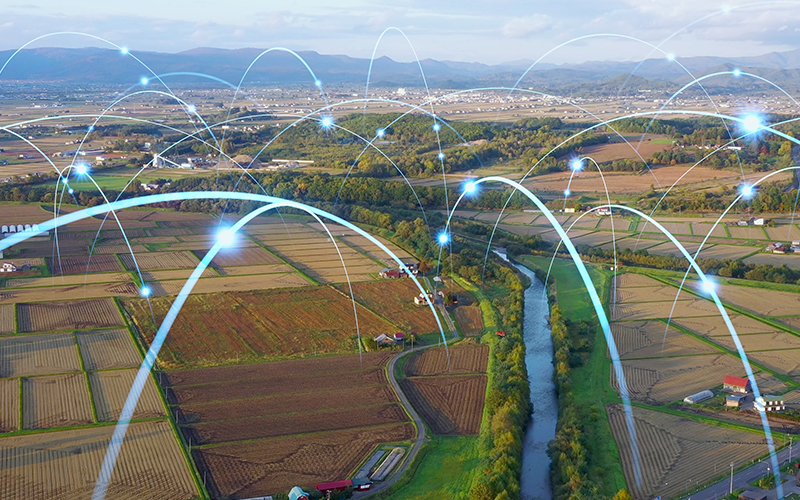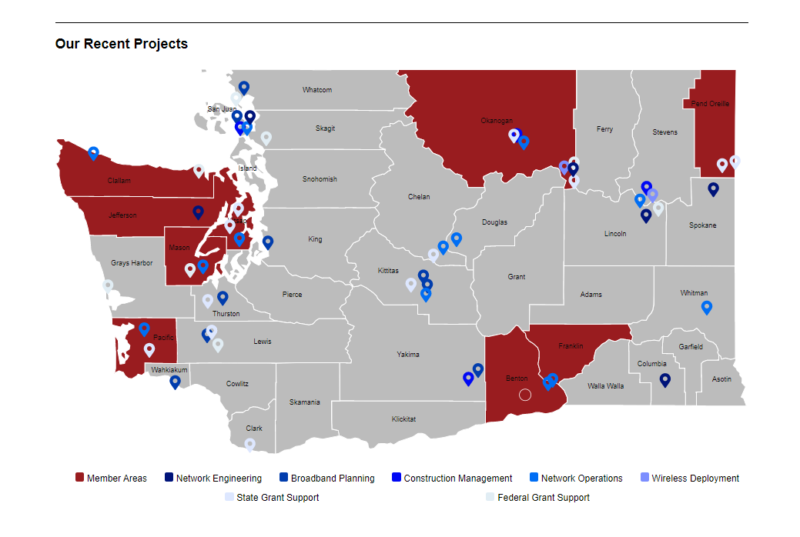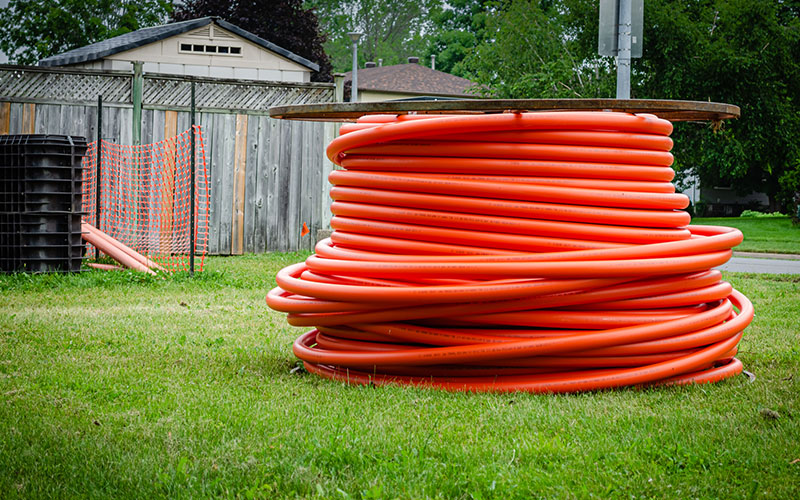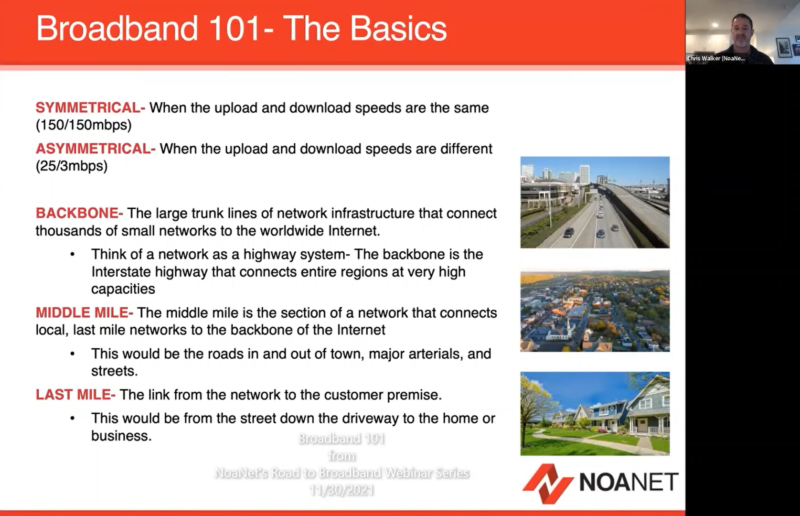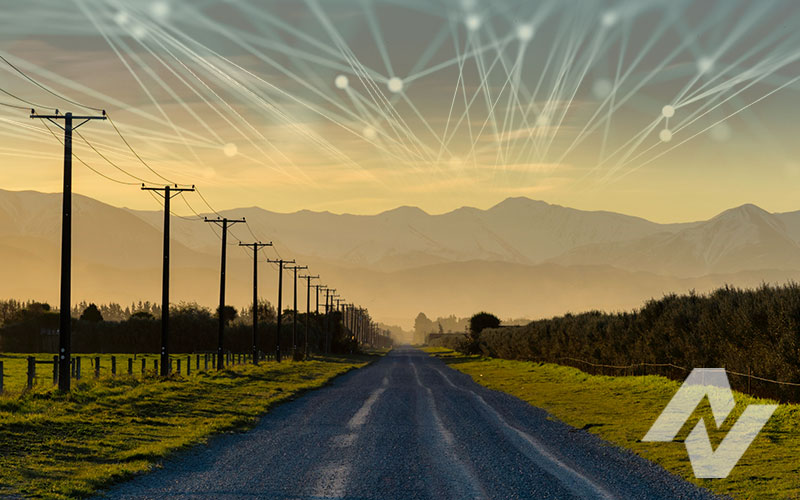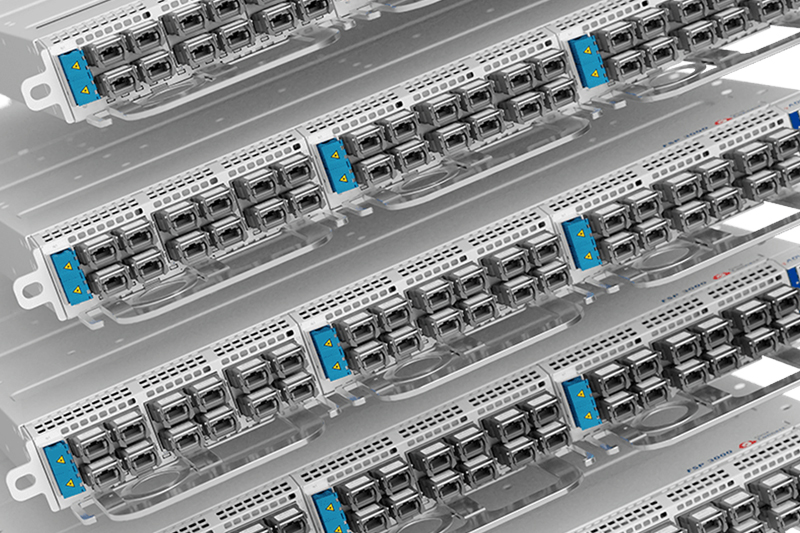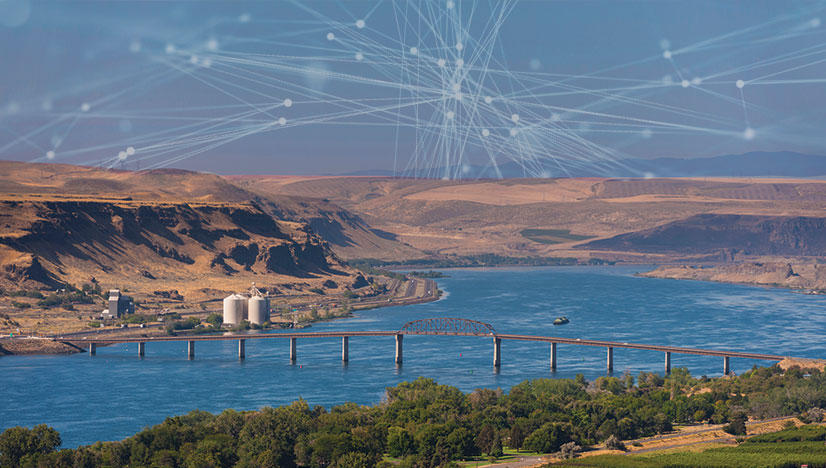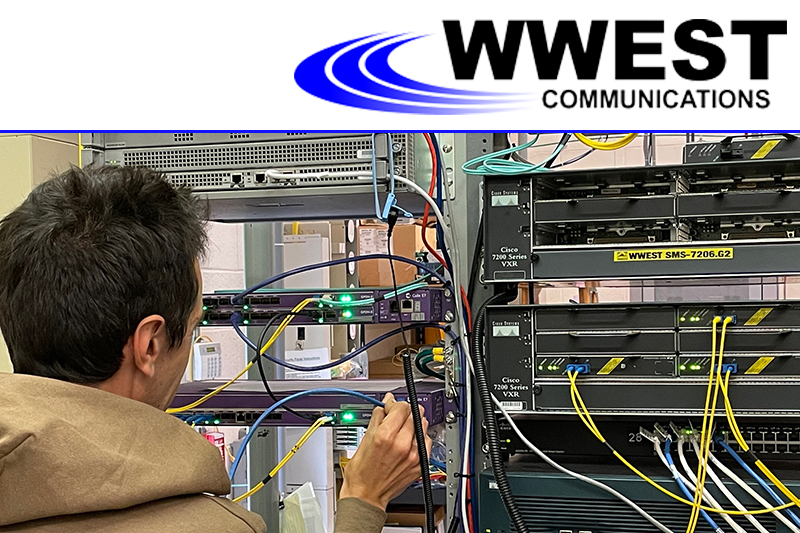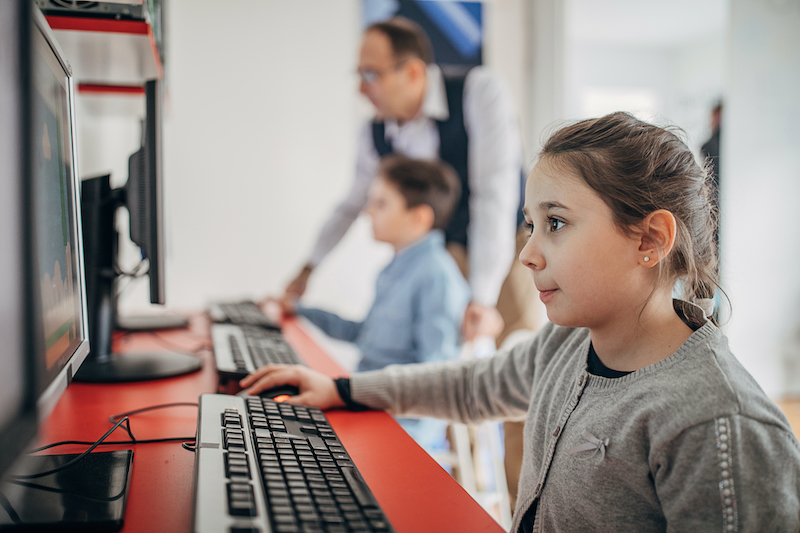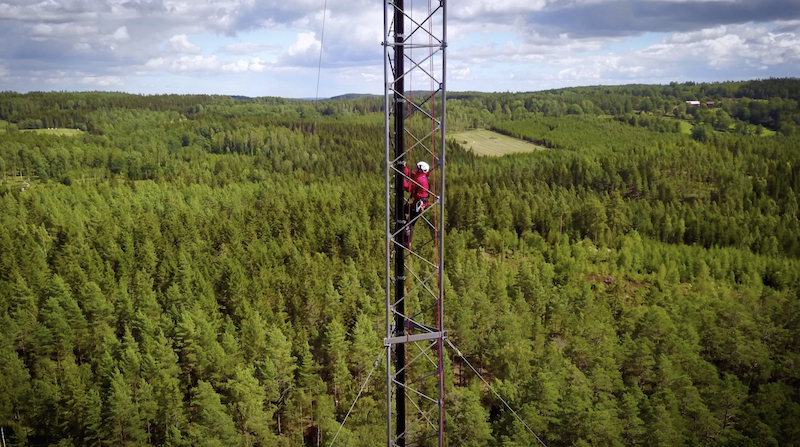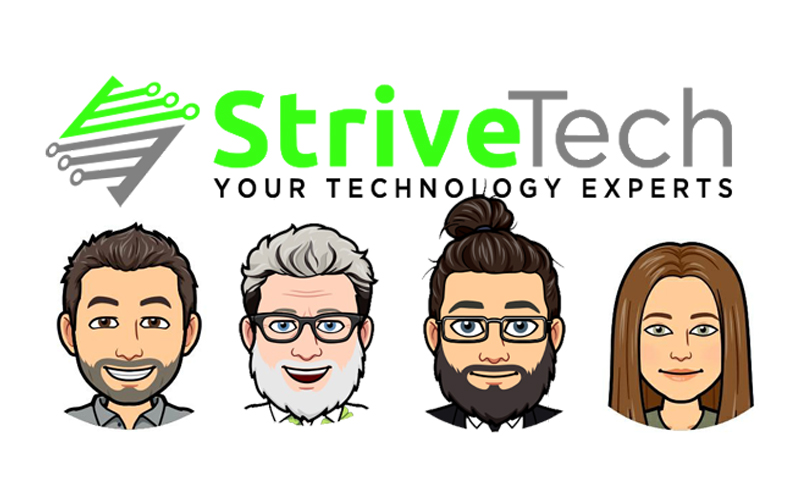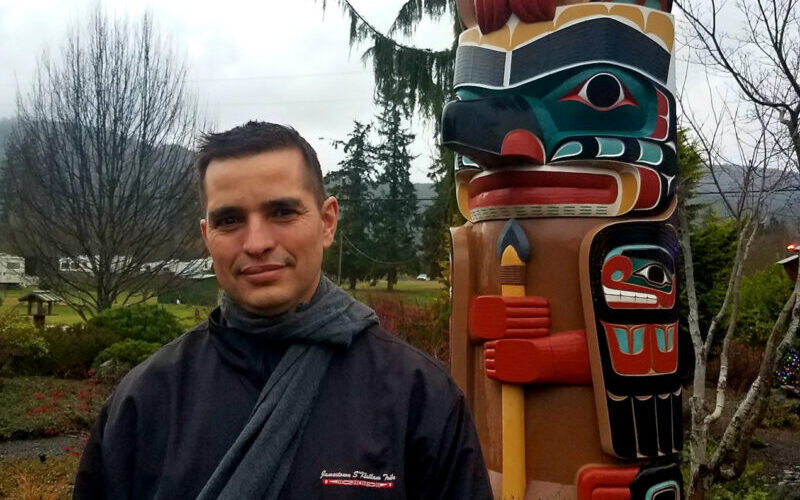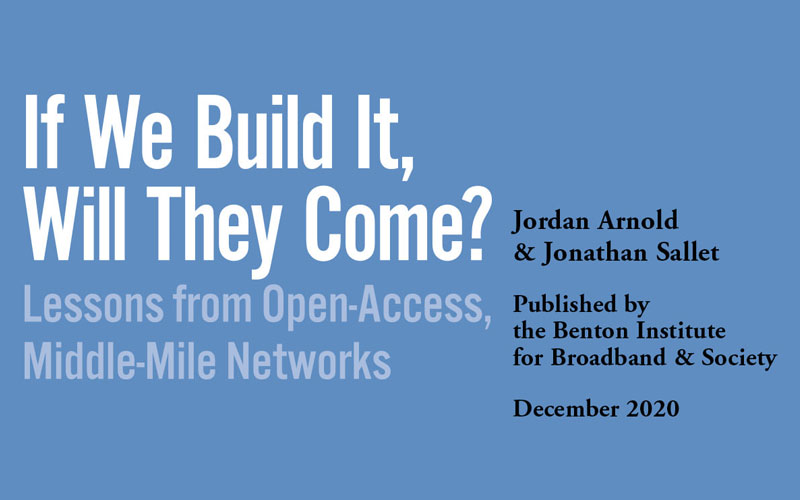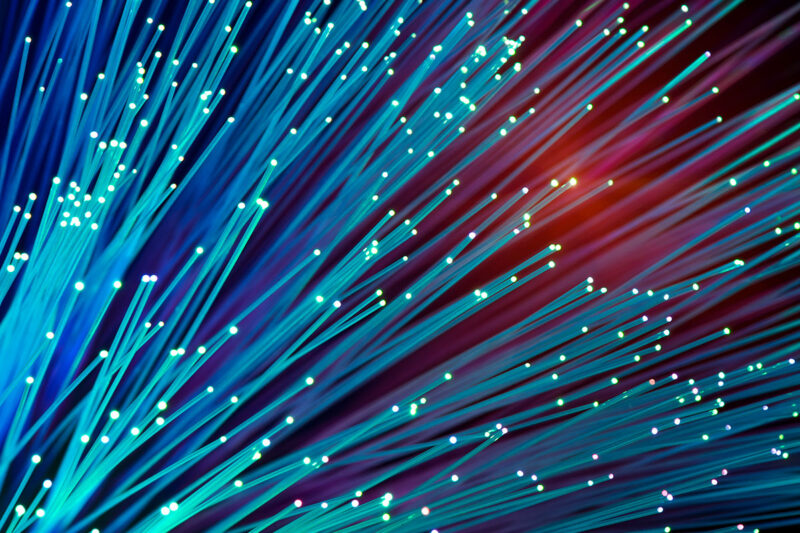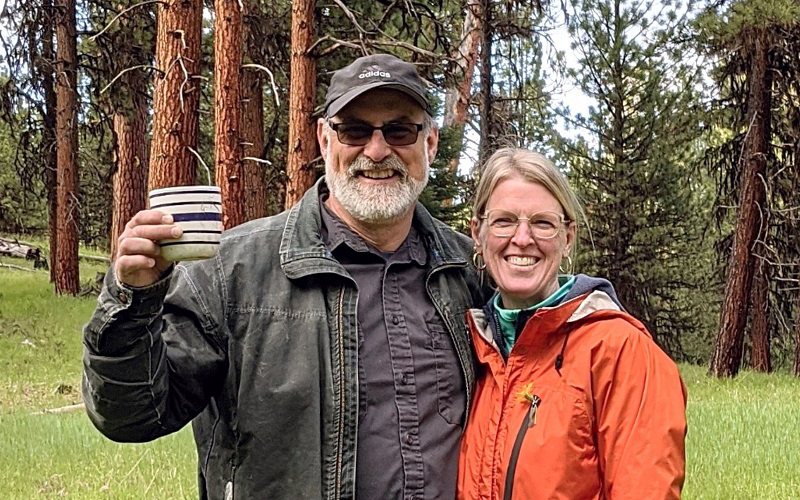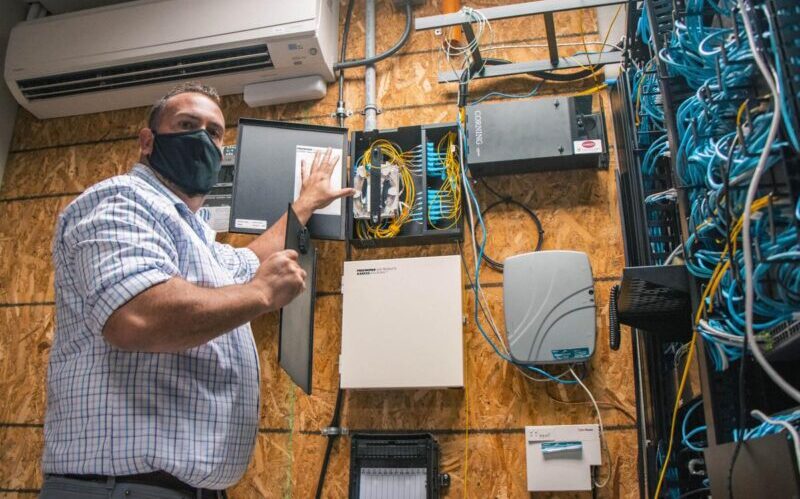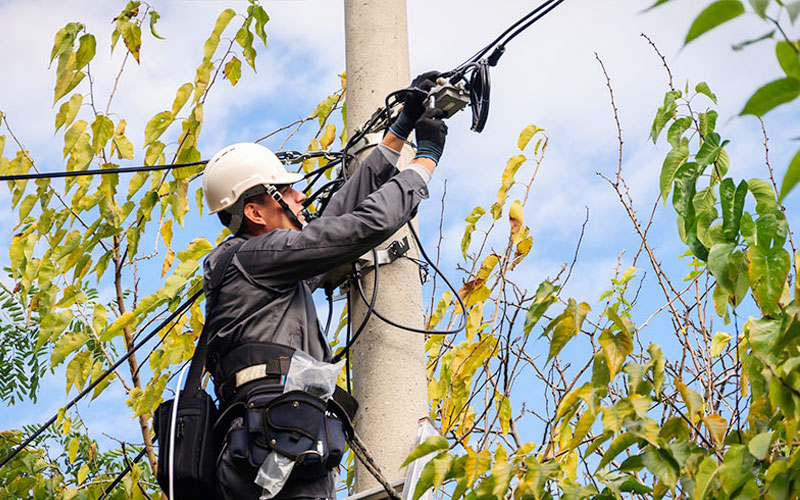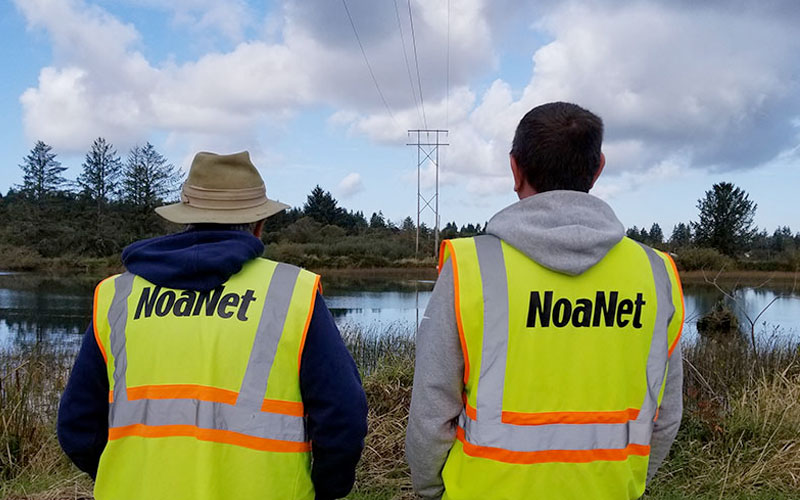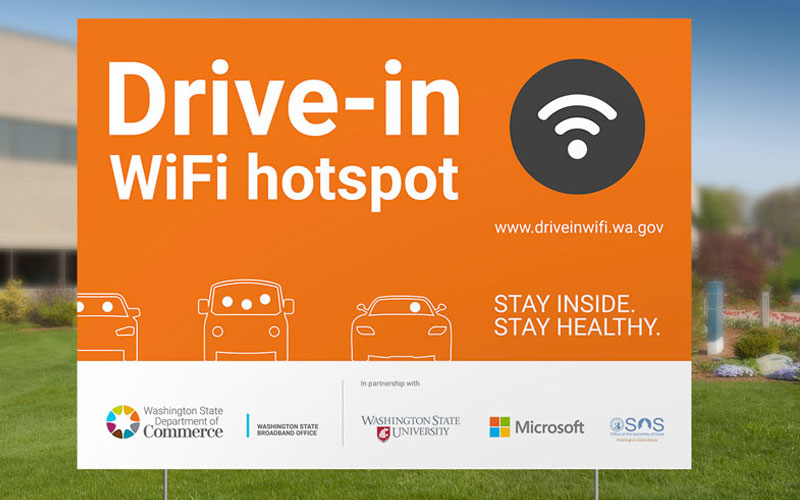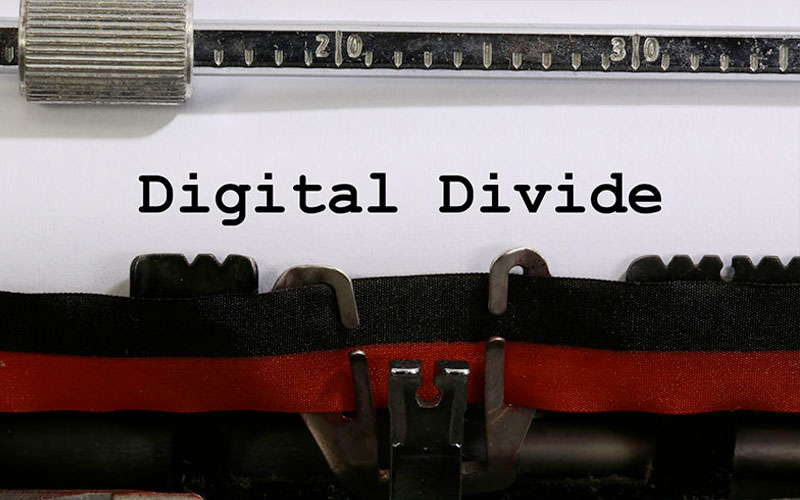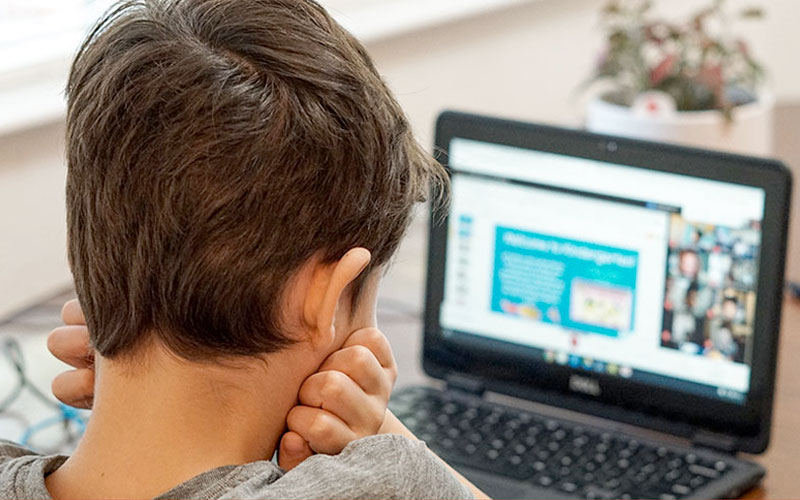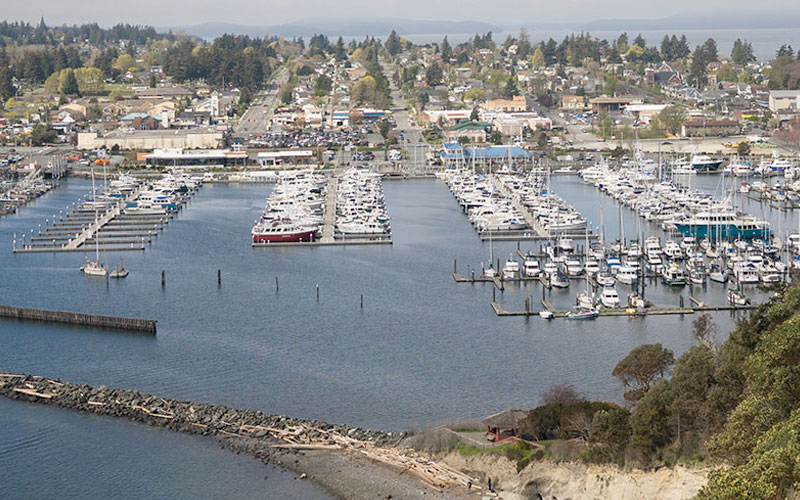Digital equity is the concept that everyone should have equal access to digital technologies and resources regardless of socioeconomic status, geographic location, race, ethnicity, gender, age, or ability. It is a crucial issue in today’s digital age, where technology has become a fundamental part of our daily lives, from communication and education to employment and healthcare.
Digital equity is more than just access to the internet or devices; it’s also about the skills and knowledge needed to use digital technologies effectively. The lack of digital equity can have significant consequences for individuals and communities. Without access to digital resources and skills, people may struggle to access vital services, job opportunities, and educational resources. This can perpetuate existing inequalities and limit social mobility.
Part of the current statewide broadband and digital equity planning effort underway through a partnership between Washington State University Extension and the Washington State Broabdand Office is seeking to support the identification of digital equity support services and deserts within our local communities.
Among other organizations, libraries nationwide, including the Washington State Library System, have been at the forefront of promoting digital equity support services in our communities. With the rapid shift towards digital information and services, libraries have been adapting to provide access to technology, training, and digital resources to those who may not have access to them. They also offer digital literacy training programs to help individuals develop essential technology skills and navigate online resources safely and effectively.
Ensuring digital equity requires a comprehensive approach addressing the multiple factors contributing to digital inequality. This includes:
- Access to broadband internet: High-speed internet is a basic necessity in today’s digital age, and ensuring access to broadband internet for all is a critical component of digital equity.
- Access to devices: Computers, smartphones, and other digital devices are essential tools for accessing online resources, and ensuring access to these devices is a critical part of digital equity.
- Digital skills training: Providing training and support for developing digital skills can help ensure everyone has the knowledge and skills to use digital technologies effectively.
- Support services: Access to support services, such as technical support, digital literacy training, and online safety resources, can help individuals overcome barriers to digital equity.
- Policy and advocacy: Advocating for policies that support digital equity, such as funding for broadband infrastructure and digital inclusion programs, is essential for ensuring equitable access to digital technologies.
Digital equity is a complex issue that requires a multifaceted approach. Through a collaborative outreach effort to understand the vast digital equity landscape, organizations and communities can work towards promoting digital equity and ensuring all of Washington’s communities have the resources and skills they need to thrive in today’s digital age.
Northwest Open Access Network (NoaNet) is a not-for-profit wholesale telecommunications mutual corporation that has been serving Washington State since 2000. As a mission-driven organization, NoaNet focuses on bringing world-class telecommunications technology to hard-to-reach communities which lack access to high-speed affordable broadband services.


